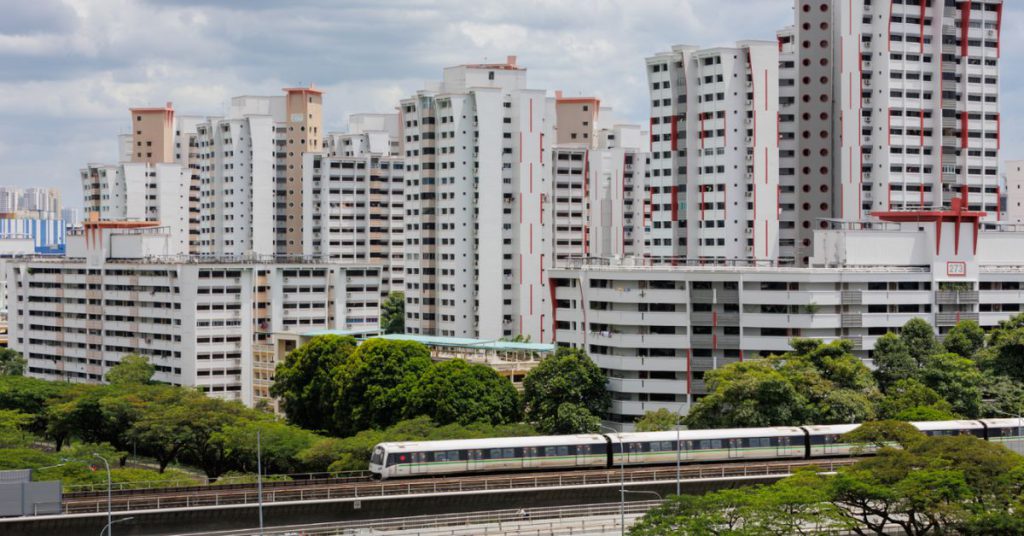Renting a home has become increasingly challenging worldwide, with Singapore emerging as the most expensive city for renters.
According to the online cost-of-living database Numbeo, a one-bedroom apartment in the Lion City now costs $3,636 per month, reported The Independent Singapore.
This dramatic surge in rental prices is sparking global conversations about housing affordability and the pressures faced by renters.
Singapore’s rising rent: What’s driving the hike?
Singapore’s growing population and limited housing supply are the main culprits behind skyrocketing rental prices.
While the government provides affordable housing options for locals through the Housing Development Board (HDB), expats are left grappling with a hyper-competitive rental market. Expats face particular challenges because they lack access to subsidised HDB flats and are reliant on private rentals.
With Singapore increasingly becoming a magnet for global talent and businesses, demand for rental housing has surged, leaving supply far behind. This demand has pushed prices to record highs, with no immediate signs of relief.

The high cost of renting in Singapore might reflect its success as an economic powerhouse, but it also reveals the city’s Achilles’ heel: housing affordability. If unaddressed, it risks alienating the very talent that fuels its growth.
Not just Singapore: A global housing crisis
Singapore’s housing woes are not unique. Hong Kong, another densely populated city, ranks second on the list of most expensive rental markets, with one-bedroom apartments averaging S$2,911 per month.
Similarly, Switzerland, Luxembourg, and the UAE are grappling with surging rents due to a mix of high demand and limited housing stock.
Across Europe and the Americas, renters are feeling the pinch. In cities like New York, London, and Toronto, rents have risen sharply due to inflation, supply chain disruptions, and post-pandemic urban migration.
It’s a perfect storm of economic and demographic factors making it harder for renters everywhere to find affordable housing.
The human cost of rising rents
The housing crisis doesn’t just impact renters’ wallets—it shapes their lives. In Singapore, the financial burden of renting has far-reaching consequences.
A study conducted in May by Nanyang Technological University (NTU) and Research Network revealed that high living costs, particularly housing, are a significant barrier to parenthood for young Singaporeans.
The study, which surveyed 230 participants aged 18 to 30, found that 70% cited financial concerns, including high rents, as the main reason for delaying or forgoing having children.
The findings were detailed in the report Young Singaporeans’ Attitudes Toward Parenthood: Key Findings and Policy Implications.
Using artificial intelligence to conduct interviews, the study uncovered candid insights into the fears and hopes of young Singaporeans. The results paint a sobering picture: The high cost of living is shaping not just where people live, but how they envision their futures.
-//-
Singapore’s status as the world’s most expensive city for renters is a wake-up call for policymakers and city planners everywhere. As cities grow and evolve, they must not lose sight of the fundamental need for accessible and affordable housing.
The housing crisis isn’t just an economic issue—it’s a social one, affecting everything from mental health to family planning. But with collective effort and innovative thinking, I believe cities can rise to the challenge and create environments where everyone can thrive.
Featured Image Credit: EdgeProp









Leave a Comment